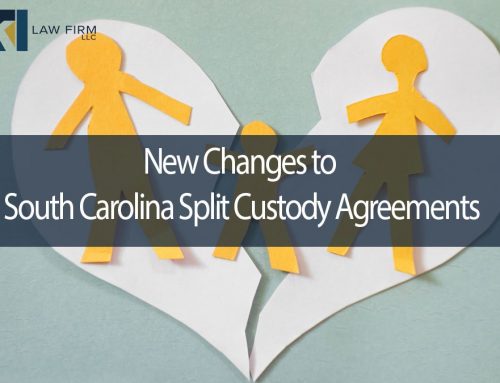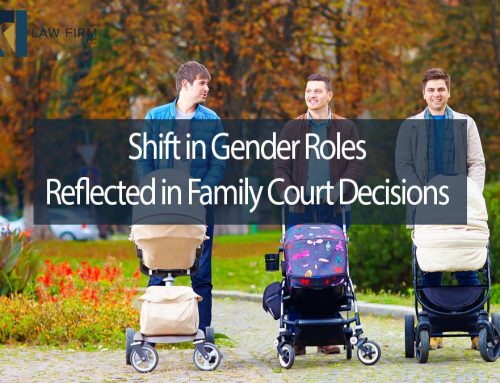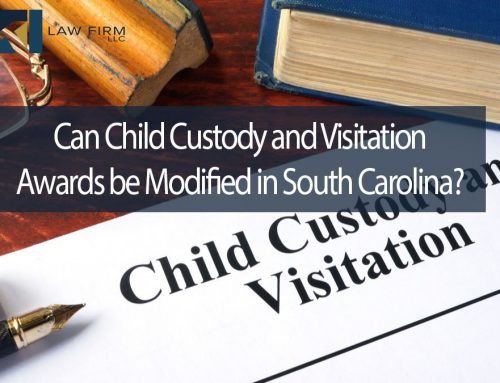Under the due process clause of the U.S. Constitution, parents have a protected liberty interest in the care, custody, and control of their children. So long as a parent is not declared unfit, the parent has the right to decide who is allowed visitation with their child. The fit parent is granted a presumption in South Carolina that their decisions regarding visitation are in the “best interests of the child.” If such a decision dictates that the grandparents are allowed to see their grandchild once a week, or once a year, there is generally no basis for the Court to step in and interfere with a fit parent’s fundamental right to make child-rearing decisions.
In the State of South Carolina, historically a grandparent’s visitation rights were derivative, meaning a grandparent could visit with a grandchild only when the grandparent’s child had visitation. This meant that when the grandparent’s child passed away or became estranged in some way from the grandchild, the grandparents had to show “compelling circumstances” in order for a South Carolina Court to inject itself into the private family realm, by ordering visitation or custody to the grandparent. Such compelling circumstances include, but are not limited to:
- Significant harm to the child;
- Child’s adjustment to home, school, community; and
- Physical and mental health of the child.
Recent Amendment to the Grandparent Visitation Statute
On June 9, 2014, South Carolina Governor Nikki Haley signed bill H4348, amending S.C. Code 63-3-530(A)(33), commonly known as the Grandparent Visitation Statute. The new law authorizes the Family Courts “to order visitation for the grandparent of a minor child where either or both parents of the minor child is or are deceased, or are divorced, or are living separate and apart in different habitats if the court finds that:
- the child’s parents or guardians are unreasonably depriving the grandparent of the opportunity to visit with the child, including denying visitation of the minor child to the grandparent for a period exceeding ninety days; and
- awarding grandparent visitation would not interfere with the parent-child relationship; and:
(a) the court finds by clear and convincing evidence that the child’s parents or guardians are unfit; or
(b) the court finds by clear and convincing evidence that there are compelling circumstances to overcome the presumption that the parental decision is in the child’s best interest.”
For purposes of this law, “grandparent” means the natural or adoptive parent of any natural or adoptive parents to a minor child.
The new law facilitates court-ordered visitation for grandparents with their grandchildren. The previous statute required grandparents in South Carolina to have a relationship similar to the parent-child relationship with the minor child as a condition to being awarded custody or visitation- an excessively stringent condition that few grandparents could satisfy.
A Delicate Balance Between Parental Rights and the Best Interests of the Child
While the new law serves to facilitate grandparent visitation and/or custody, it strikes an appropriate balance between the aforementioned fundamental right of a parent to raise children as the parent deems fit without government intervention, and the importance of grandparents having a stable relationship with their grandchildren when the grandchild’s family is no longer intact. The bottom line for South Carolina’s families, Courts, and our legislature is to further the best interests of the child above all else. The amended Grandparents Visitation Statute advances that bottom line.
Contact a Mount Pleasant Family Law Attorney for Your Custody/Visitation Questions
Once the family unit changes due to death, divorce, or other circumstances, you may have questions or concerns as to how those changes will affect your relationships. Grandparents have rights, too, when it comes to maintaining relationships with their grandchildren. Please contact our Mount Pleasant family law attorneys for a consultation to discuss your rights moving forward.




